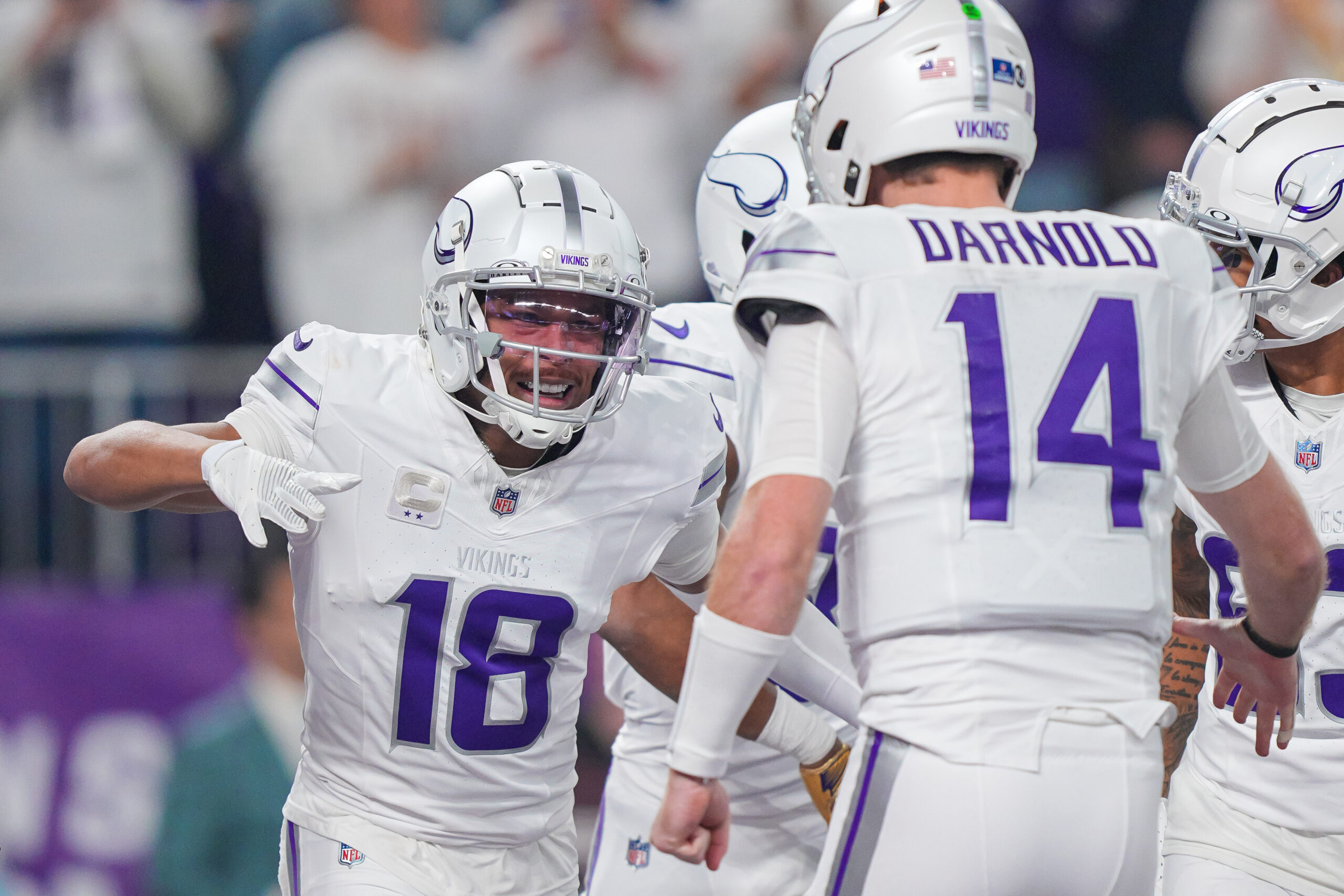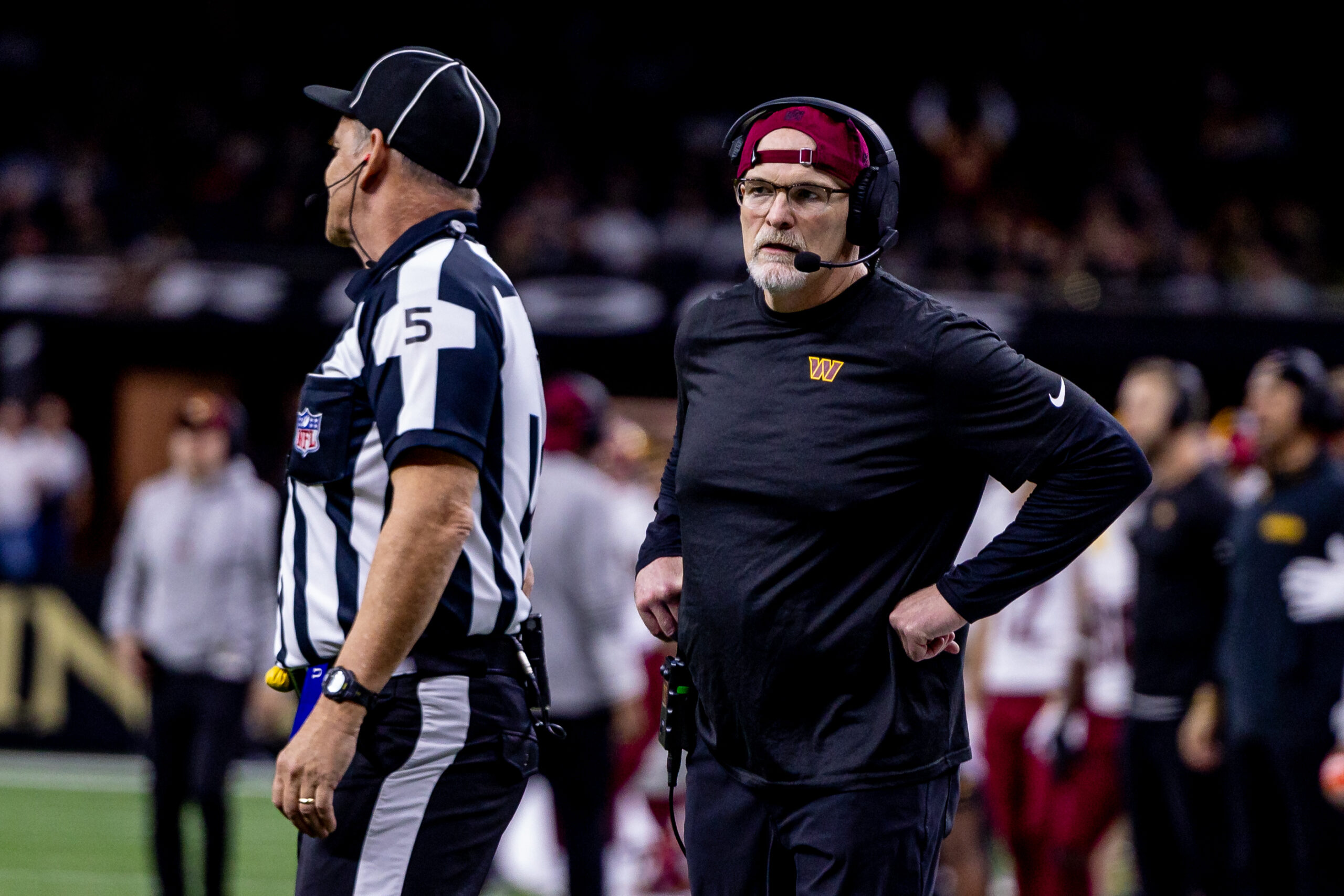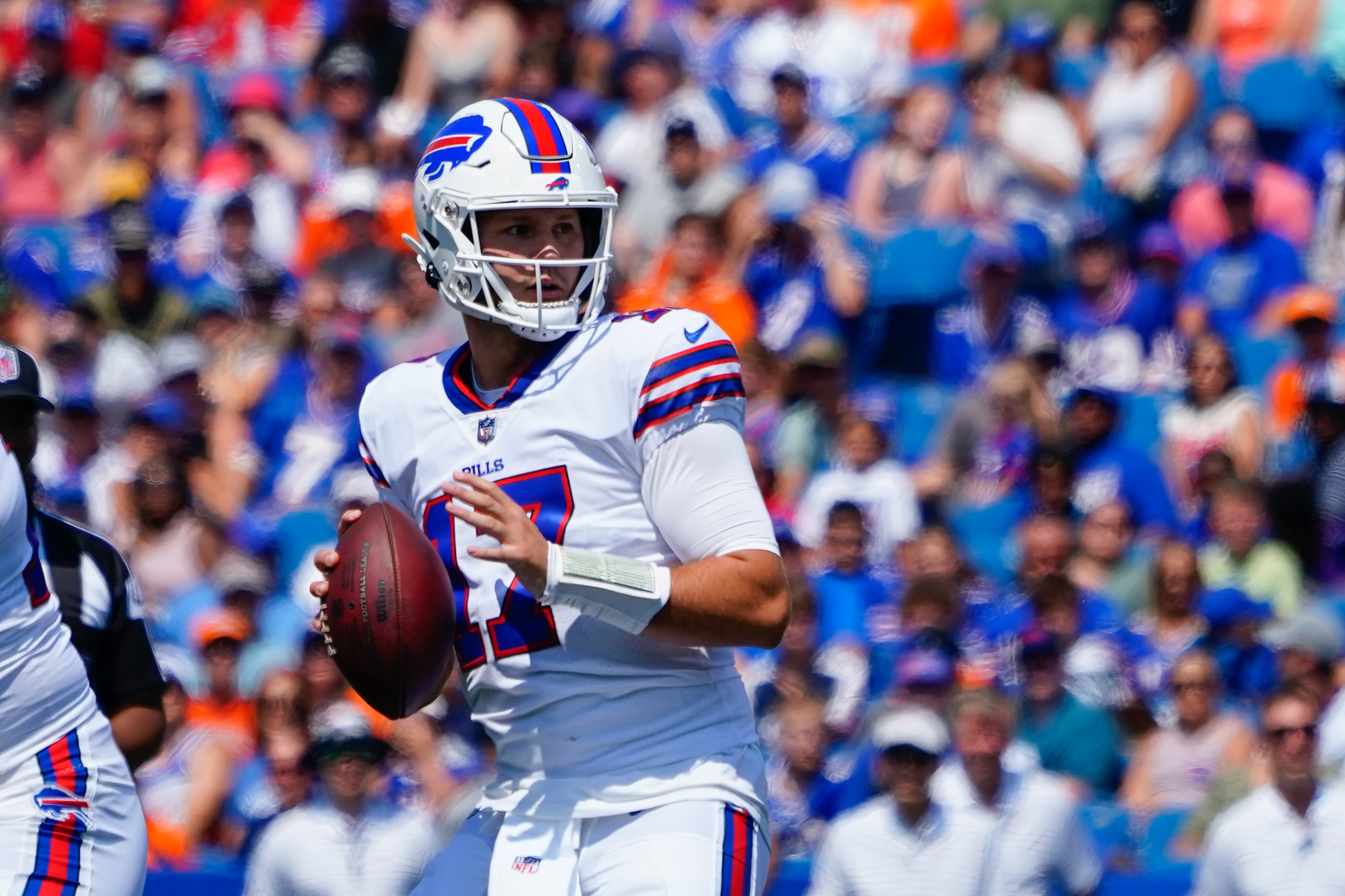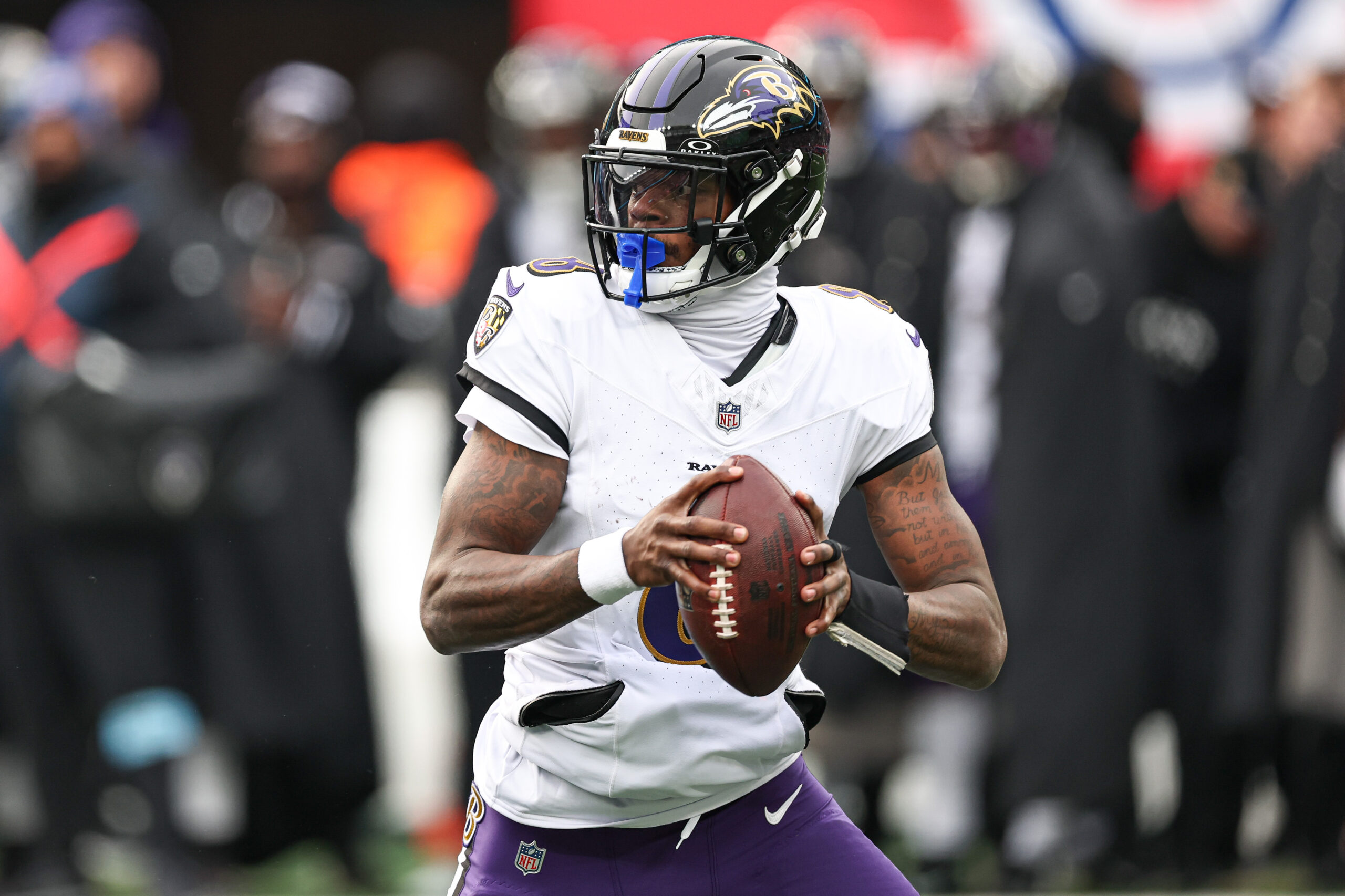NFL Analysis
2/23/24
5 min read
NFL's Franchise Tag System Is Broken, But Players Have Bigger Issues to Consider
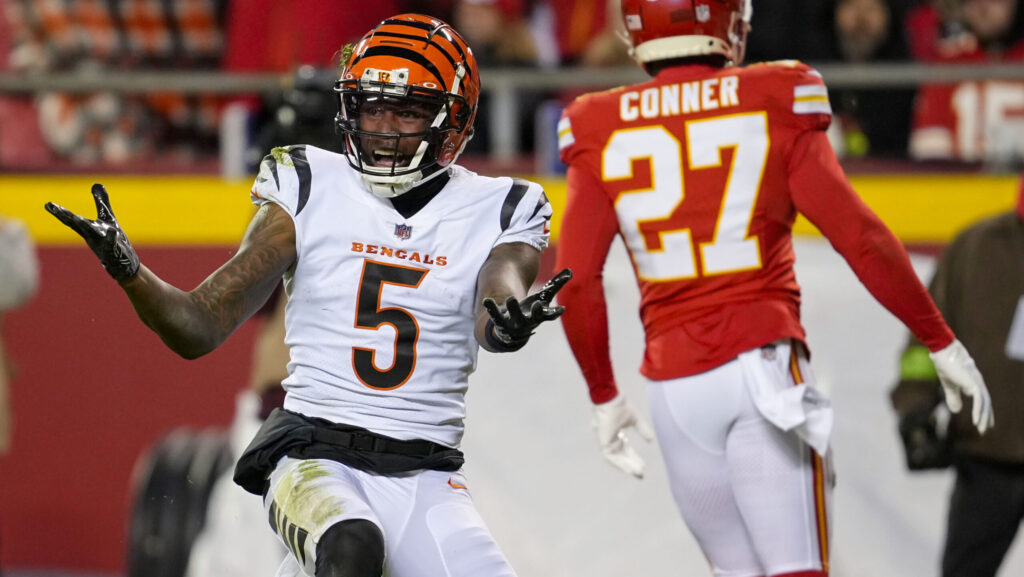
I despise the franchise tag, yet I wouldn’t do anything to eliminate it.
It doesn’t make any sense, right? Allow me to explain.
The distaste for the franchise tag in the NFL is the easy and obvious part. It’s garbage, and I'd be surprised if you found a single current or former player who disagrees. Where else in professional sports can a player finish his contract and thus his obligation to his team and still not be able to market his services to other clubs?
It doesn’t happen in the NBA, NHL or MLB — just the NFL, courtesy of the franchise tag.
Forget even just the ecosystem that is pro sports for a second. Where else in life does this dynamic take place?
My friends with “real” jobs can leave those companies for a better gig at a moment’s notice. OK, maybe with two weeks’ notice, but you get my point.
Almost everyone in almost all walks of life can decide where they want to live and work based upon which employers are interested in their services.
Not in the NFL.
At least not if your team hits you with the franchise tag.
How We Got Here
The franchise tag has been around since 1993. The NFL Players Association (NFLPA) was fighting for free agency, and players such as Reggie White had to sue the league to get the NFL to allow players to hit the open market when their contracts expired.
As part of those negotiations, the NFLPA agreed to allow each team to have one “franchise tag” to use each year to retain their franchise player — at the time, quarterbacks such as John Elway, Dan Marino, Troy Aikman, etc. — as long as the team was willing to pay the player the average of the top five players at their position.
The thinking was that it would be debilitating to certain clubs if its star players were allowed to walk away when their contracts expired, even though their team was willing to pay them at or near the top of the market.
And now, more than 30 years later, the NFL’s franchise tag window, a two-week period where teams can elect to place the tag on one of their players, has opened up. Teams will soon be saddling defensive linemen (Christian Wilkins? Justin Madubuike?), defensive backs (Jaylon Johnson? Antoine Winfield Jr.?), wide receivers (Tee Higgins? Mike Evans?), etc. with that designation to retain their services and restrict their freedom of movement.
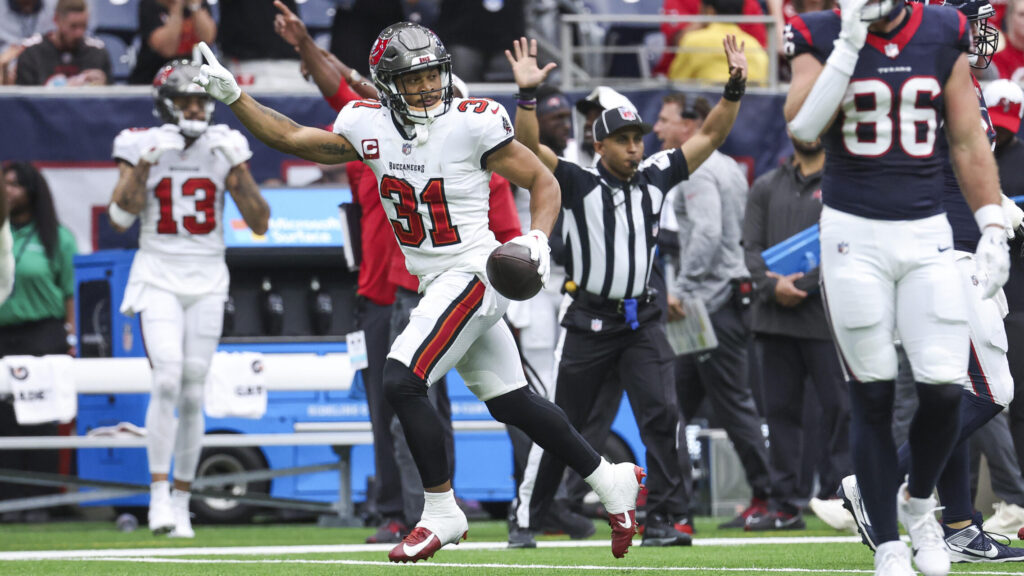
The Threat of the Tag
Making matters worse, or better, depending upon your perspective, is the impact of the franchise tag's mere threat on players who never even receive it.
“People can not overestimate the power of the tag,” former Green Bay Packers vice president of finance Andrew Brandt told me this week on the Ross Tucker Football Podcast.
“I never applied the tag, but I used it in negotiations every year," he said. "The tag holds down salaries for the entire league, and there is a trickle-down effect.”
I hate everything about it and agree with Brandt. Yet, even if I were Lloyd Howell, the NFLPA’s new executive director, I still wouldn’t do anything about it.
NFLPA Priorities
In any negotiation, there are only so many priorities a party can prioritize and expend negotiating capital to achieve. In other words, for the NFLPA to get something, it has to give something up in return. Despite what Brandt says, the franchise tag doesn’t affect enough players to be a priority for the NFLPA.
“There is nothing else like this. Other unions don’t have one group making $30-50 million per year and others making $800,000.”
Former Green Bay Packers vice president of finance Andrew Brandt
It’s also why the NFLPA has a tough job when it comes to representing all the players because they can have competing interests.
“There is nothing else like this,” Brandt told me, “Other unions don’t have one group making $30-50 million per year and others making $800,000.”
Therein lies the rub. As a guy who made the league minimum in five of my seven seasons in the NFL, I am much more interested in increasing those minimums and securing the post-football benefits, such as extended health insurance, for the rank-and-file players who make up a large percentage of the league.
Do the franchise tag-caliber players care about league minimums? Probably not. But there are many more players battling just to stick around on a year-to-year basis than players who are elite enough to get paid like one of the top five guys at their position for a year.
The Tag Isn't Going Anywhere
The franchise tag stinks, and I dislike it tremendously for those players who have earned the right to have more control over where they choose to live and work.
And while I know the “players agreed to it,” that doesn’t resonate when you consider that agreement came before most of this year’s franchise tag candidates were born. These players certainly didn’t agree to it, that’s for sure.
Ultimately, we're stuck with the franchise tag for the time being — and probably much longer. While it is likely not a huge priority for the NFLPA, the tag is significant for the league and the owners and is something they will try to hold onto as long as possible.


